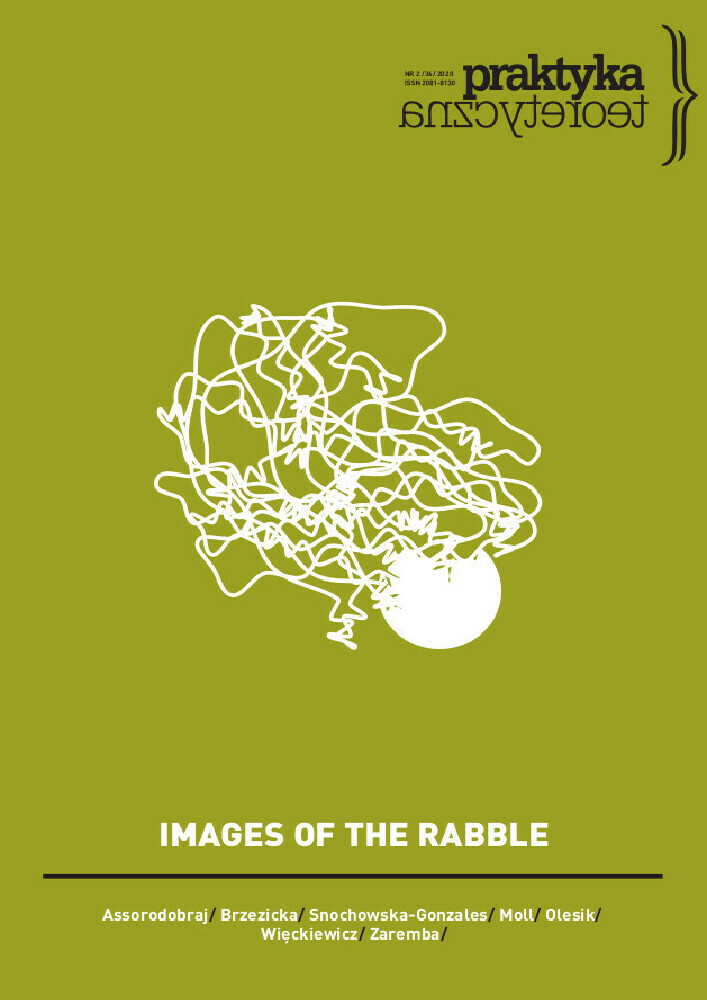Abstract
Review of Vincent Brown’s book Tacky’s Revolt. The Story of an Atlantic Slave War (2020).
References
Baucom, Ian. 2005. Spectres of the Atlantic. Finance Capital, Slavery, and the Philosophy of History. Durham: Duke University Press.
Bloch-Lainé, Virginie. 2017. “Marcus Rediker: ‘I took an interest in pirates and sailors because they were poor’.” Translated by David Broder. Accessed March 1, 2020, https://www.versobooks.com/blogs/3349-marcus-rediker-i-took-an-interest-in-pirates-and-sailorsbecause-they-were-poor.
Brown, Vincent. 2008. The Reaper’s Garden. Death and Power in the World of Atlantic Slavery. Cambridge (MA): Harvard University Press.
Brown, Vincent. 2020. Tacky’s Revolt. The Story of an Atlantic Slave War. Cambridge (MA): The Belknap Press of Harvard University Press.
Buck-Morss, Susan. 2009. Hegel, Haiti and Universal History. Pittsburgh: University of Pittsburgh Press.
Eric E. Williams. 1944. Capitalism & Slavery. Chapel Hill–London: The University of North Carolina Press.
James, C.L.R. 1989 [1938]. The Black Jacobins. Toussaint L’Ouverture and the San Domingo Revolution. New York: Vintage Books.
Kytle, Ethan J., Blain Roberts. 2018. Denmark Vasey’s Garden. Slavery and Memory in the Cradle of Confederacy. New York: The New Press.
Linebaugh, Peter; Marcus Rediker. 2012 [2000]. The Many-Headed Hydra. The Hidden History of the Revolutionary Atlantic. London: Verso.
Linebaugh, Peter; Marcus Rediker. 2018. “The Significance of The Common Wind.” Counter Punch. Accessed March 1, 2020, https://www.counterpunch.org/2018/12/14/the-significance-of-the-common-wind/.
Rediker, Marcus. 2008. The Slave Ship. A Human History. New York: Penguin Books.
Linebaugh, Peter; Marcus Rediker. 2018. “Foreword to The Common Wind” (Scott 2018).
Scott, Julius S. 2018. The Common Wind. Afro-American Currents in the Age of Haitian Revolution. London: Verso.
Wood, Peter H.1974. Black Majority. Negroes in Colonial South Carolina from 1670 through The Stono Rebellion. New York: W.W. Norton & Company.
License
“Theoretical Practice” seeks to put into practice the idea of open access to knowledge and broadening the domain of the commons. It serves the development of science, thinking and critical reflection. The journal is published in open-access mode under the CC-BY-NC-SA 4.0 license (detail available here: http://creativecommons.org/licenses/by-nc-sa/4.0/). Articles published in the journal may be freely distributed, stored, printed and utilized for academic and teaching purposes without restrictions.
They should not be, however, used for any commercial purposes or be reconstructed into derivative creations. Access to the journal may not be limited or offered for a fee by any third party.
Prospective authors are obliged to fill in, sign and send back the publishing contract compliant with the CC licencing. [PL.pdf, PL.doc, EN.pdf,EN.doc].
According to this contract, authors grant the journal a non-exclusive right to publish their work under the creative commons license (CC-BY-NC-SA 4.0) without any financial obligation on both sides of the contract.
Before submission authors should make sure that derivative materials they use are not protected by copyright preventing their non-commercial publication. Authors are responsible for any respective copyright violations.
